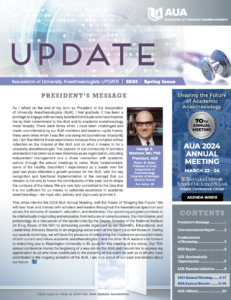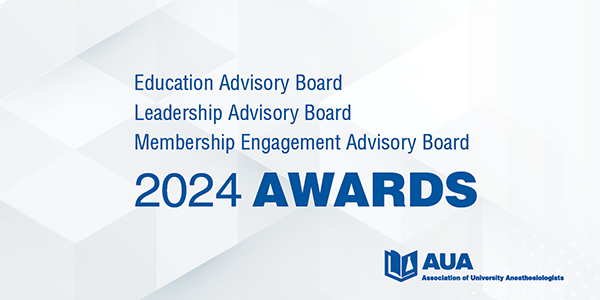Using Coaching Skills as a Mentor
Mentoring can be defined as “a dynamic, reciprocal relationship in a work environment between an advanced career incumbent and a beginner aimed at promoting the development of both.”1 The mentee defines where they want to go; the mentor contributes through reality checking, sharing what the desired path could look like, giving advice on decisions and commitments, and role modeling success. As the mentor, you bring experience and perspective on a path similar to the one the mentee is pursuing, but it’s important to remember that your paths are not the same. When a mentee shares a goal or challenge, it may remind you of your own experiences, inspiring you to jump directly to giving advice. Giving advice based only on your experience, without exploring what the mentee is experiencing, can be a source of misalignment and frustration. When advice is predicated on goals assumed by the mentor, it can lead to mentee dissatisfaction, lack of progress, and burnout.
A valuable approach to avoid these pitfalls is to incorporate coaching skills into your mentoring sessions. The International Coaching Federation defines coaching as “partnering with clients in a thought-provoking and creative process that inspires them to maximize their personal and professional potential.” While a mentoring relationship is not coaching, core coaching skills can be used in any interaction to increase connection, creativity, and effectiveness.
Applying core coaching skills as a mentor requires curiosity, active listening, and thoughtful, mentee-centered questions, such as “What are your goals?” and “How can I help you reach them?” Core coaching skills require you to:
- Listen actively. Go beyond facts and advice to learn about the mentee’s feelings, values, goals, and needs. Ask questions, clarify, summarize, and reflect back what you heard. Remember that silence is golden: it creates space for the mentee to reflect, synthesize, and share.
- Ask powerful questions. Brief, open-ended questions that come from curiosity rather than wisdom are powerful in eliciting insights from the mentee. Useful options include “Tell me more.” “What would success look like?” “How would that feel?” “What is most important to you?” “What is getting in the way?” Avoid “que-gestions” (suggestions disguised as questions).
- Challenge with support. Recognizing the mentee’s feelings and concerns is an effective way to build trust, provide support, and encourage the mentee to explore their values, goals, and opportunities. Providing support allows you to challenge the mentee to imagine alternatives, rethink assumptions, explore possibilities, and recognize what is required to achieve each goal. Powerful questions might include, “What story are you telling yourself?” or “What do you control?”
- Partner to create goals, actions, and accountability. As the mentee’s goals become clear, coaching skills will help you partner with them to define next steps informed by their values and your experience, and then to create accountability for follow through. Powerful questions might include “How will you know if you are successful?” or “How would you like to be held accountable?”
To learn more about coaching skills—and get the opportunity to practice using them—we encourage you to join us at the AUA Annual meeting in St. Louis for the Pre-Meeting Workshop, Fundamentals of Professional Mentoring, on Friday, March 22, 2024, from 11 am to 3 pm CT.
Reference
- Healy CC, Welchert AJ. Mentoring relationships: a definition to advance research and practice. Educ Res 1990; 19:17-21.












